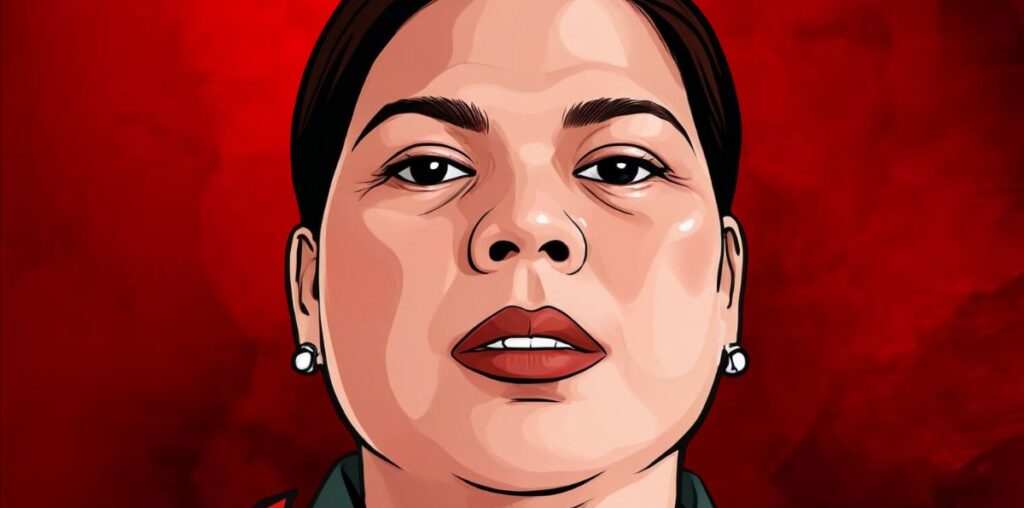The full ramifications of Vice President Sara Duterte’s online outburst on Friday night remain unclear as the weekend unfolds. However, the incident has already showcased a defiance toward the House of Representatives, a lack of accountability from the nation’s second-highest official, and an alarming threat of violence against the sitting President.
During ongoing congressional hearings into the alleged misuse of the Office of the Vice President’s (OVP) intelligence funds, VP Duterte chose confrontation over accountability. Rather than addressing the mounting evidence of corruption, she responded with defiance. This behavior has raised questions about her commitment to transparency and her respect for institutional checks and balances.
On Friday, rather than refuting the allegations, Duterte attempted to redirect public attention by accusing her perceived opponents. Most notably, she claimed to have contracted an assassin to target President Ferdinand Marcos Jr., his wife, and Speaker Martin Romualdez. This shocking admission—both inflammatory and potentially incriminating—overshadowed the issue at hand and cast doubt on her fitness for office.
The investigation has uncovered troubling details, including P125 million disbursed to seemingly fictitious individuals within a mere 11 days—a timeline that coincided suspiciously with the fiscal year deadline. Her chief of staff, Atty. Zuleikah Lopez, faced a contempt ruling and detention for evasive testimony, further straining the relationship between the OVP and Congress.
Adding to the drama, Duterte staged a live-streamed protest at the House premises. Prior to this, she had obstructed the investigation by preventing key officials from testifying about alleged anomalies. Such actions reflect an ongoing pattern of stonewalling and defiance, undermining the investigative process.
The hearings have evolved into a political soap opera, with unforeseen developments stealing the spotlight. These include former President Rodrigo Duterte’s self-incriminating comments about his war on drugs and revelations linking former spokesperson Harry Roque to the criminal underworld of online gaming. The testimony of ex-police officer Royina Garma about extrajudicial killings during Duterte’s administration added further gravity, offering a rare glimpse into the human cost of impunity.
Despite these dramatic turns, VP Duterte has steadfastly refused to address the accusations of corruption. Her deflection tactics, coupled with the absurdity of some evidence—such as large sums paid to non-existent individuals—have fueled public mockery and criticism.
The inquiry, while extensive, is limited by its nature as a legislative exercise rather than a judicial proceeding. This distinction affects the admissibility and weight of evidence and restricts the committee’s ability to enforce penalties. For instance, detaining uncooperative witnesses for contempt remains a contentious practice with limited avenues for appeal. However, the credibility of testimonies gathered could pave the way for future legal action.
VP Duterte’s conduct presents a dilemma for the House: should it hold her in contempt, risking further escalation, or seek compromise through back-channel negotiations? Senate President Chiz Escudero has called for de-escalation and dialogue, suggesting that a measured approach may be more productive than outright confrontation. Yet, this raises concerns about justice being sacrificed for political stability.
While it is crucial to avoid deepening political tensions, accountability must not be compromised. The House of Representatives and the broader government face a delicate balancing act in addressing VP Duterte’s actions. Allowing her to evade scrutiny risks undermining public trust in democratic institutions and sets a dangerous precedent for impunity.
Ultimately, the path forward requires courage and integrity from the nation’s leaders. Justice and fair play should remain paramount, ensuring that public officials are held to the highest standards of accountability—regardless of their position.

